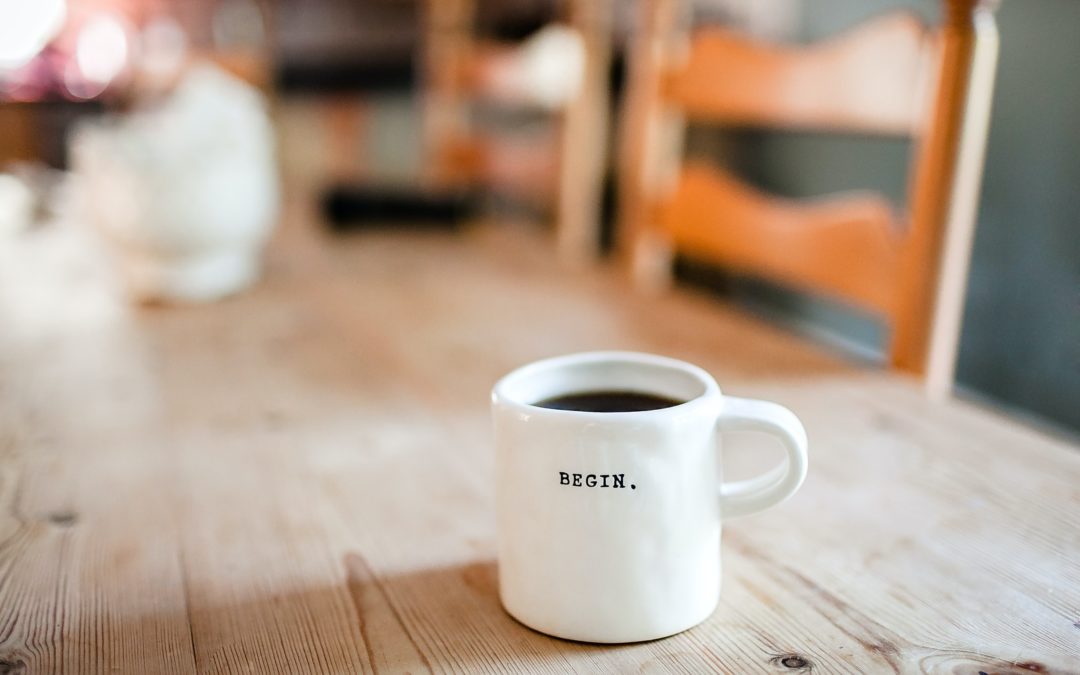On Procrastination and Emotional Regulation
In my last article, I wrote about how people across the country are finding ways to pursue personal development in lockdown. Yet, I don’t want to pretend that it is all going swimmingly all the time. For most of us, it is a roller coaster of ups and downs – and some of us may have noticed an increasing tendency towards procrastination more during lockdown. It’s totally natural if your productivity has stalled a little during this crisis.
What’s going on? Why has it been so hard just to sit down and get things finished – or, even, to get things started? The explanation is simple and, honestly, completely normal. So, I’ll tell you why. Here’s why we’re all procrastinating more during lockdown.
Why Do We Procrastinate?
As I’ve written before, in my article on why we procrastinate, this habit has a terrible reputation. We beat ourselves up about it, we judge others for it, and we ascribe to it a moral value. Procrastinators, we can’t help but think, are lazy, uncommitted, or incapable of the task at hand.
Yet, it’s curious that, despite this, we all continue to do it. It’s almost as if procrastination isn’t a moral decision at all. But rather a natural and neutral response to feelings and things in our environment.
Boredom and Stress: Procrastination and Emotional Regulation
In my previous article, I outlined the two main drivers of procrastination. We procrastinate when we are anxious about the task at hand, or when we are bored by it. In other words, we procrastinate when we want to do a task well but don’t feel like we are able to. It is difficult. Or when we are not interested in the task at all.
In this way, we can say we procrastinate high stakes tasks and low interest tasks. These are two types of activities that serve us up with negative emotions – either feelings of self-doubt or just pure disinterest.
Yet, these feelings aren’t enough to make procrastination in themselves. Rather, procrastination comes when we seek to avoid these emotions – either consciously or subconsciously – by doing something less demanding instead. We scroll through Facebook or Instagram and feel the rewards of our smartphone addiction. Our else we decide that now is the best time to clean our cupboards, or mop the floors, or change the bed.
In this simple habit loop – in which we respond to the cue of a negative emotion with a rewarding activity – we find the key to our distraction. Procrastination appears as a mechanism for emotional regulation. We avoid feeling the negative emotions associated with a task by doing something that makes us feel good. Or, at least, that makes us feel less bad.
Why are We Procrastinating More during Lockdown?
If we draw a link between procrastination and emotional regulation, it is no surprise that we are procrastinating more during lockdown.
There are so many negative feelings swirling around at the moment that tasks that are emotionally taxing are much more difficult to confront than usual. Meanwhile, tasks that are not usually emotionally taxing may suddenly feel so. Sometimes, it is okay to watch videos of cats to avoid feeling worse. We all do it; it’s a natural response to difficult times.
However, if there are things to be done, procrastinating them is not a long-term solution. You will have to face those tasks sooner or later – whether you do them or you arrange for them to be done a different way.
Because remember, ultimately, you aren’t obliged to do those tasks that you hate, that you are no good at, or that are not in your zone of genius. By outsourcing, delegating, or automating them, you can have much more time to dedicate to what you love. And you shouldn’t be procrastinating those at all – neither in lockdown nor normality.






